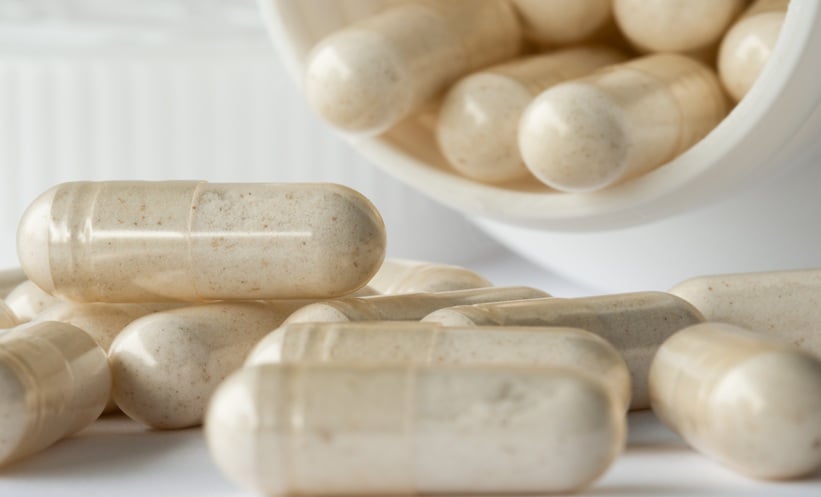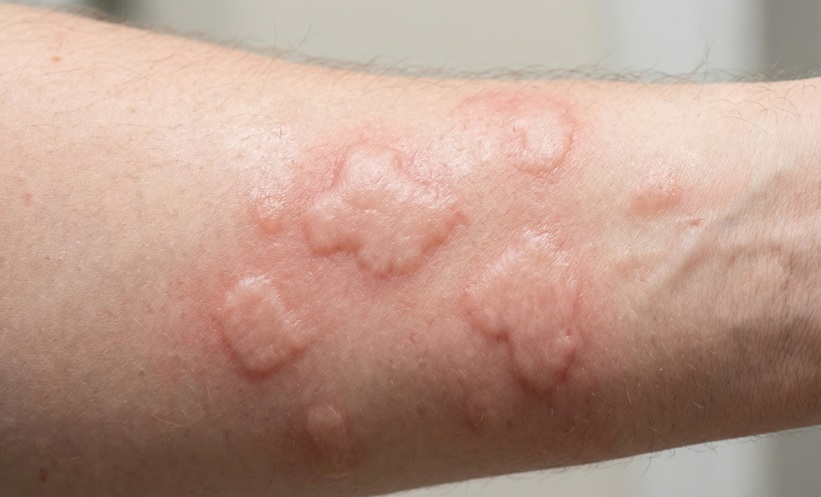IMBALANCES in the gut microbiota, known as dysbiosis, are increasingly linked to the onset of food allergy (FA), an immune disorder characterised by adverse responses to specific foods. In the Mediterranean region, plant-based foods are the leading triggers, largely due to sensitisation to lipid transfer proteins (LTPs), such as Pru p 3 from peaches. Symptoms of LTP allergy range from mild oral allergy syndrome to severe anaphylaxis, significantly impacting quality of life. Current treatments rely mainly on food avoidance and allergen-specific immunotherapy, both of which have notable limitations.
Gut Microbiota Effects of Pectin Prebiotics
Emerging research, however, suggests that targeting the gut microbiota may offer a novel solution. Since dysbiosis contributes to immune dysfunction, prebiotic dietary fibres, especially pectin prebiotics, are being explored for their ability to restore microbial balance and modulate inflammatory responses.
Pectin’s Role in Immune Regulation
Pectin prebiotics are natural polysaccharides found in fruit peels and pulps, classified by their degree of esterification into low methoxyl (LMP) and high methoxyl (HMP) forms. These structural differences influence how pectin interacts with gut microbes and the immune system. In a recent double-blind, placebo-controlled clinical trial, researchers evaluated the effects of LMP and HMP supplementation in patients with LTP allergy.
The study found that pectin treatment improved Pru p 3 tolerance in over half of participants, with 30% achieving full tolerance to the equivalent of a whole peach. Importantly, pectin intake was well tolerated, with only mild and transient gastrointestinal effects.
At the molecular level, both LMP and HMP were shown to reduce inflammatory cytokines, including IL4, IL13 and IL33, while promoting beneficial bacterial genera such as Bacteroides and Bifidobacterium. These microbiota shifts were linked to increased production of short-chain fatty acids (SCFAs), known to enhance gut-immune balance.
Overall, the findings highlight pectin’s dual capacity to modulate both microbial and immune pathways, positioning it as a promising prebiotic therapy for food allergy. Further long-term studies will help determine its full clinical potential in managing LTP-driven allergic responses.
Reference
Gómez F et al. Multi-omics analysis of a prebiotic intervention with pectin in lipid transfer proteins (LTPs) allergic patients. Carbohydr Polym. 2025;369:124236.





